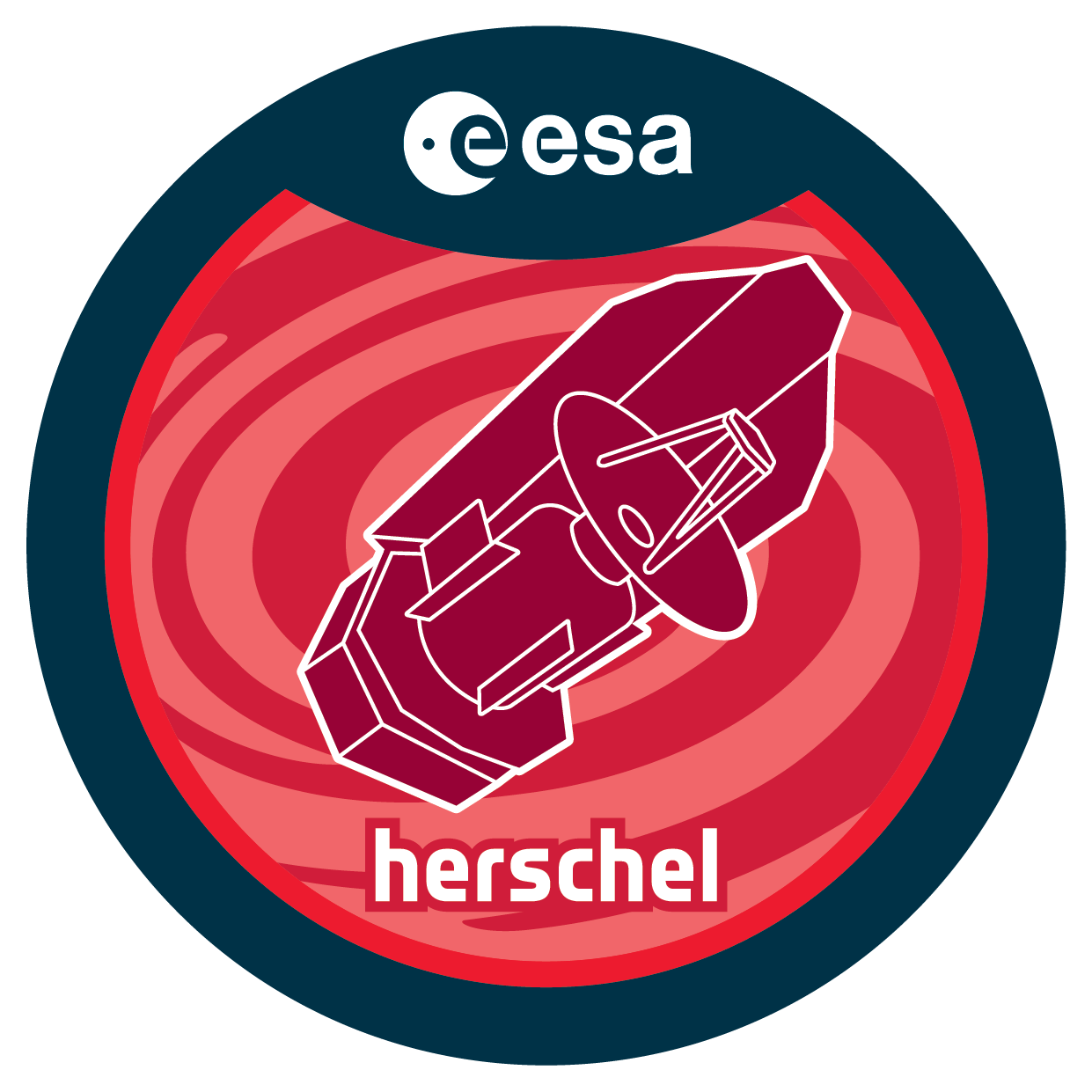

| Name | OT2_vwild_2 |
| Title | Caught in the Middle: Post-Starbursts as Transitions from Ultraluminous Infrared Galaxies to Massive Ellipticals |
| URL | http://archives.esac.esa.int/hsa/whsa-tap-server/data?retrieval_type=OBSERVATION&observation_id=1342251172&instrument_name=SPIRE&product_level=LEVEL0&compress=true |
| DOI | https://doi.org/10.5270/esa-shi9cm7 |
| Author | wild, v. |
| Description | One of the outstanding tasks in modern astrophysics is to uncover the physical mechanisms responsible for the observed tight correlation between super massive black hole mass, and host galaxy bulge mass and stellar velocity dispersion (M_BH-sigma relation). Numerical simulations invoke major mergers and interactions between massive, gas rich galaxies to reproduce the observed relation, along with the ULIRG number density, QSO luminosity function, black hole mass function and mass density. However, observational evidence for these suggested scenarios is either unavailable or inconclusive. Here we propose to measure the far-infrared continuum and line properties of a unique sample of massive, dusty, obscured AGN, to reveal whether they are the descendants of ULIRGs and progenitors of massive elliptical galaxies. These 12 galaxies contribute around 10% of the total black hole accretion rate summed over a complete sample of nearly 17,000 local (z<0.07) galaxies, and thus represent a significant channel for black hole growth in the Universe. Their optical continuum suggests they underwent strong starbursts between 0.35 and 1Gyr ago. Their nebula emission line strengths, combined with a simple empirical model for the rate of decay of star formation following a starburst, predicts FIR luminosities during their starburst phase of 7e11-2e12 Lsun, implying that these were ULIRGS in the past. Herschel PACS+SPIRE observations will reveal whether this sample of unusual, dusty AGN is the much sought after transition phase between merger/ULIRG/starburst and elliptical galaxy. |
| Publication | |
| Instrument | SPIRE_SpirePhoto_small, PACS_PacsLineSpec_point |
| Temporal Coverage | 2012-09-18T18:37:07Z/2013-04-21T01:14:15Z |
| Version | SPG v14.2.0 |
| Mission Description | Herschel was launched on 14 May 2009! It is the fourth cornerstone mission in the ESA science programme. With a 3.5 m Cassegrain telescope it is the largest space telescope ever launched. It is performing photometry and spectroscopy in approximately the 55-671 µm range, bridging the gap between earlier infrared space missions and groundbased facilities. |
| Creator Contact | https://support.cosmos.esa.int/h®erschel/ |
| Date Published | 2013-10-21T00:54:20Z |
| Last Update | 2025-01-24 |
| Keywords | Herschel, HSC, submillimetre, far-infrared, HIFI, PACS, SPIRE |
| Publisher And Registrant | European Space Agency |
| Credit Guidelines | European Space Agency, wild et al., 2013, 'Caught in the Middle: Post-Starbursts as Transitions from Ultraluminous Infrared Galaxies to Massive Ellipticals', SPG v14.2.0, European Space Agency, https://doi.org/10.5270/esa-shi9cm7 |